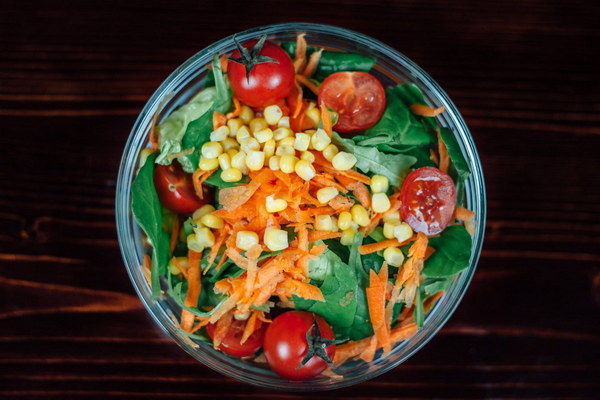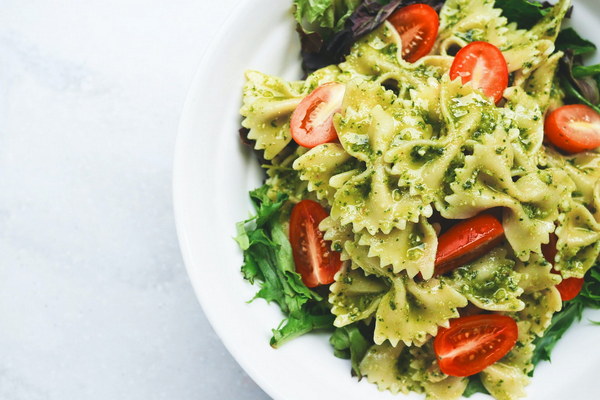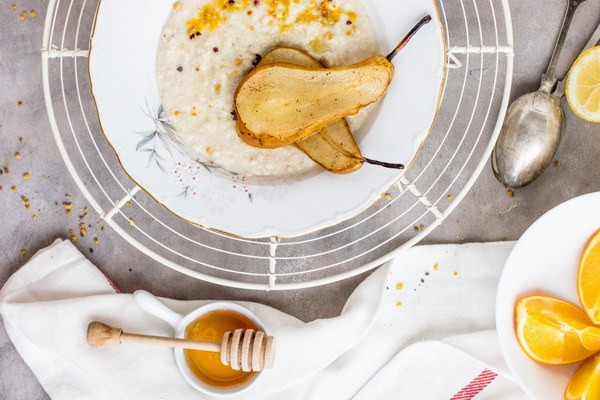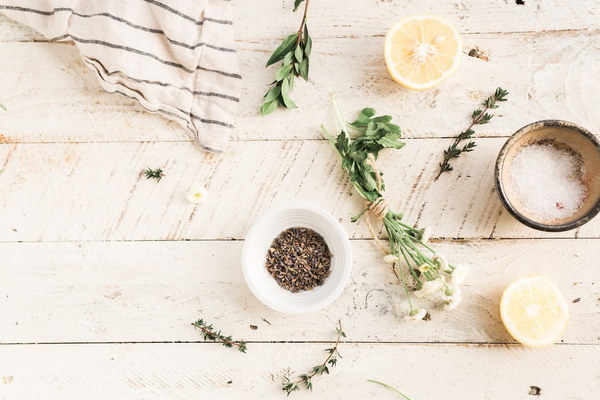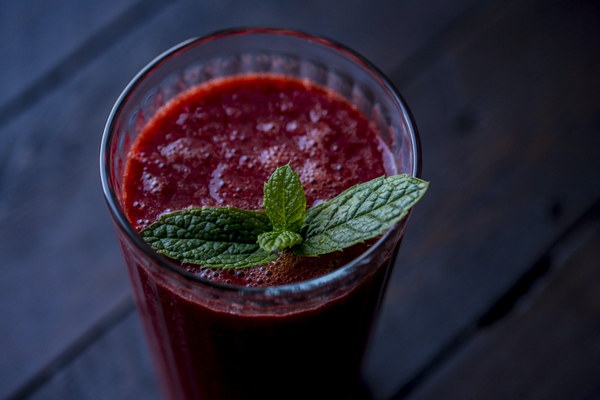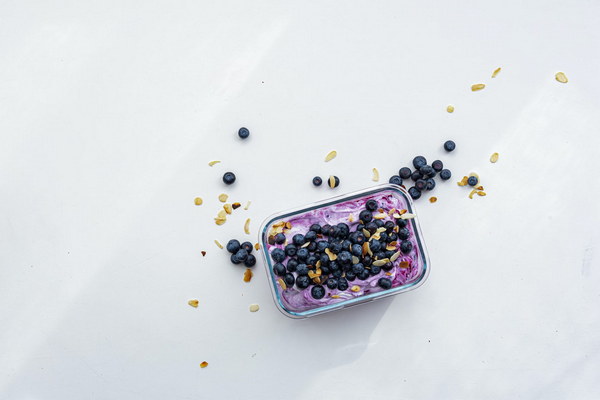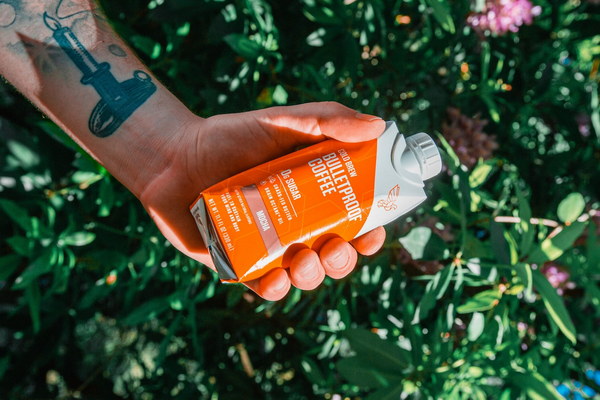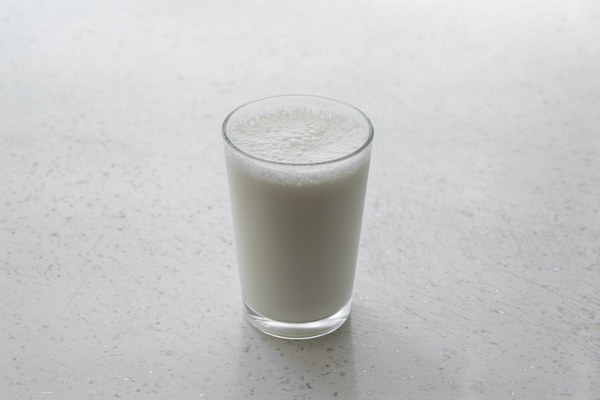Ancient Wisdom for Modern Health The Art of Body Care According to Our Ancestors
In a world where fast-paced living and technological advancements have become the norm, the age-old wisdom of our ancestors offers a beacon of guidance in the realm of health and wellness. The art of body care, as prescribed by our forebears, is a holistic approach that emphasizes harmony between the mind, body, and spirit. Let us delve into the timeless principles that have stood the test of time and discover how we can incorporate them into our modern lives.
1. The Balance of Yin and Yang
One of the foundational principles of traditional Chinese medicine is the concept of Yin and Yang, the complementary forces that maintain balance in the universe. Applying this to body care, our ancestors believed that a balanced diet, regular exercise, and adequate rest were essential for maintaining health. By understanding and respecting the rhythms of nature, we can align our lifestyles with these forces to promote overall well-being.
2. The Power of Nature
Nature has been a source of healing and sustenance for centuries. Our ancestors recognized the power of plants, minerals, and water to nourish and rejuvenate the body. From herbal remedies to natural skincare, the use of natural ingredients was a cornerstone of their health practices. Embracing this philosophy, we can turn to nature for clean, pure, and effective health solutions.
3. The Importance of Diet
A healthy diet was considered the cornerstone of good health. Our ancestors emphasized the consumption of whole foods, including grains, legumes, fruits, vegetables, and nuts. They believed in the healing properties of certain foods, such as garlic for its immune-boosting properties and ginger for its anti-inflammatory effects. By focusing on whole, unprocessed foods, we can support our body's natural processes and prevent disease.
4. The Benefits of Exercise
Physical activity was not just a means to stay fit; it was a ritual that connected the individual to the community and the world around them. Traditional forms of exercise, such as Tai Chi, Qigong, and yoga, have been practiced for centuries to enhance flexibility, balance, and mental clarity. By incorporating these practices into our daily routine, we can improve our physical health and emotional well-being.
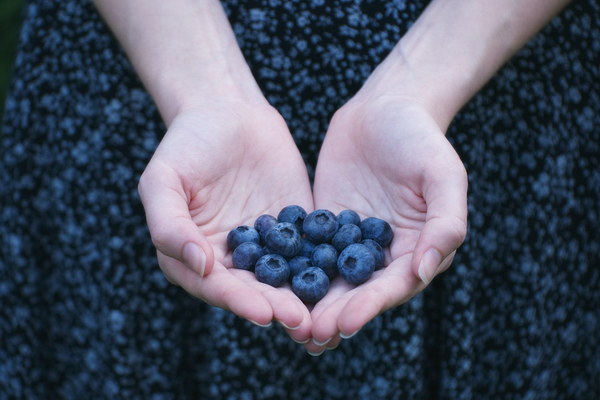
5. The Role of Mindfulness
Our ancestors understood the profound impact of the mind on the body. Meditation, mindfulness, and positive thinking were integral to their health regimen. By focusing on the present moment and cultivating a positive outlook, we can reduce stress, improve sleep, and enhance our overall sense of well-being.
6. The Significance of Rest and Relaxation
Rest was not merely a passive state; it was an active process that allowed the body to heal and rejuvenate. Our ancestors valued sleep as a crucial component of health and often practiced restorative techniques such as acupressure and massage. By prioritizing rest and relaxation, we can give our bodies the time they need to recover and thrive.
7. The Community Aspect of Health
In many traditional cultures, health was not seen as an individual pursuit but a communal endeavor. Our ancestors recognized the importance of social connections and community support in maintaining health. By fostering strong relationships and engaging in communal activities, we can create a support system that enhances our mental and physical well-being.
In conclusion, the art of body care according to our ancestors is a blend of ancient wisdom and modern understanding. By embracing the principles of balance, nature, diet, exercise, mindfulness, rest, and community, we can cultivate a healthier, more vibrant life. Let us honor the legacy of our ancestors by integrating these timeless practices into our daily routines, and in doing so, discover the true essence of well-being.
